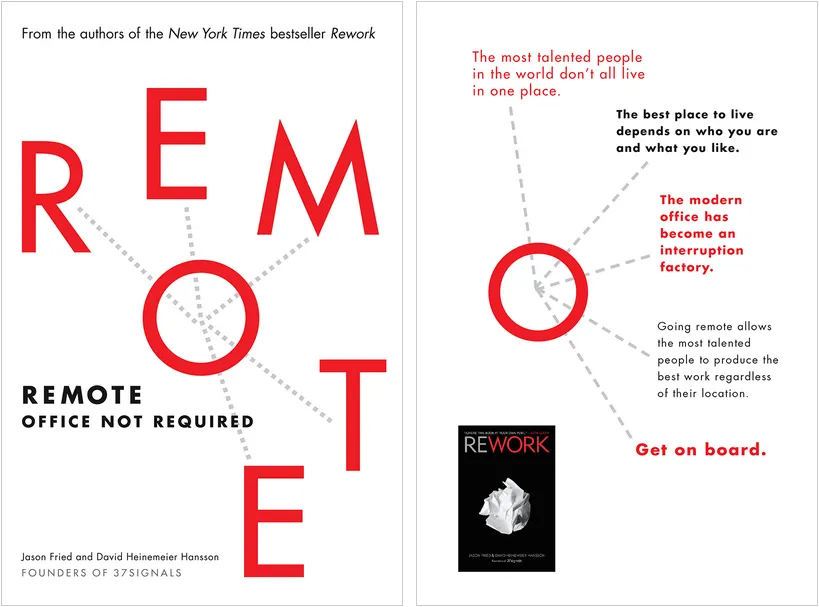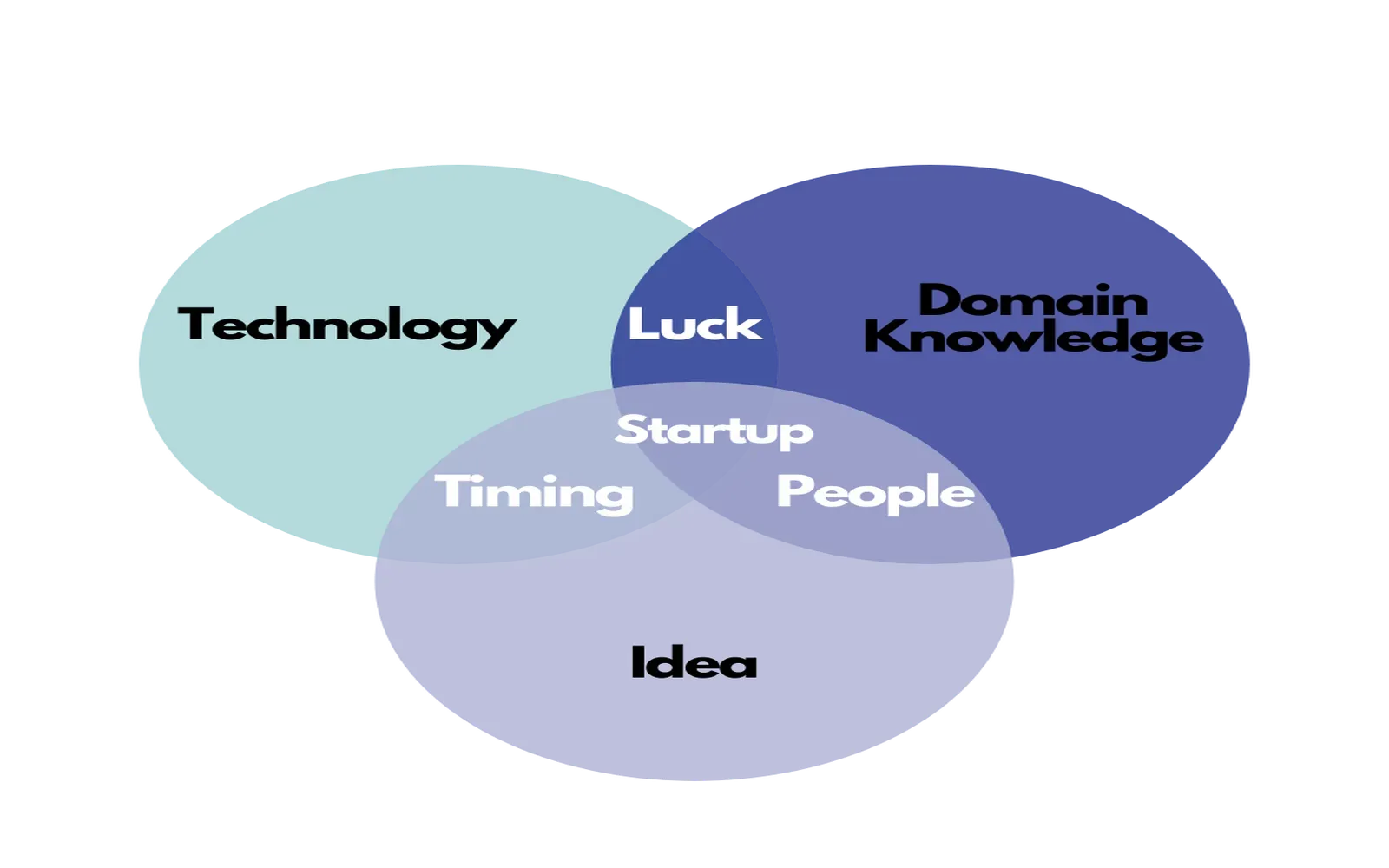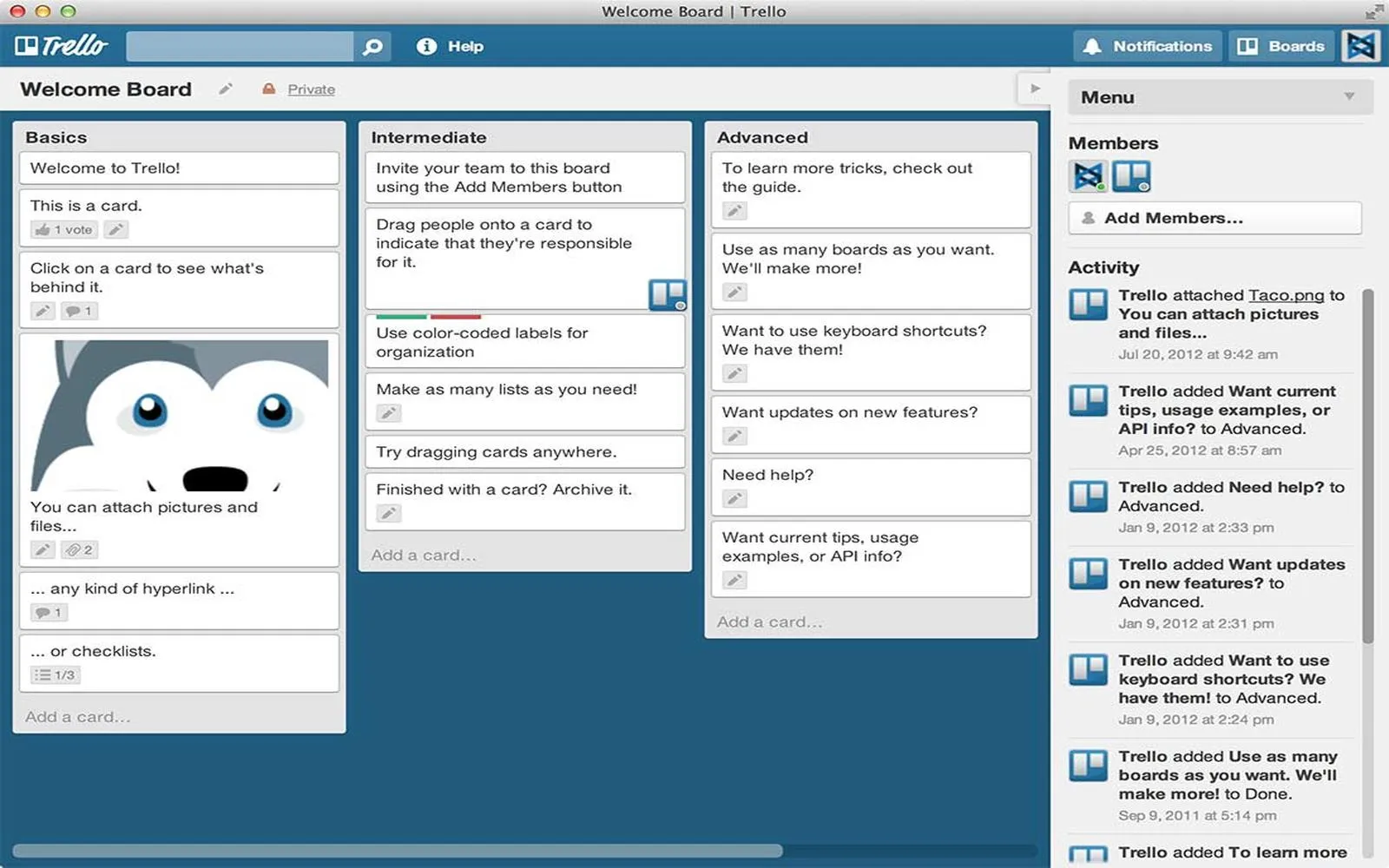1. Gain Insights into the Future of Work
Even if your team operates in a traditional office setting, reading REMOTE can provide valuable insights into the evolving landscape of work. The book discusses trends that are shaping the future of employment, including remote work's increasing popularity. Understanding these shifts can help you anticipate changes in your own workplace and prepare for a more flexible working environment.
2. Enhance Team Collaboration Skills
The principles outlined in REMOTE emphasize the importance of communication and collaboration, which are critical for any team, whether remote or in-person. The book shares practical strategies for fostering teamwork, overcoming communication barriers, and building a culture of trust. By applying these principles, you can enhance your team's collaboration skills, leading to higher productivity and better outcomes.
3. Foster a Culture of Autonomy and Accountability
One of the core themes of REMOTE is the empowerment of employees through autonomy. This concept is not limited to remote teams; it can be applied to any organization aiming to improve employee satisfaction and performance. By promoting a culture of autonomy, you encourage team members to take ownership of their work, leading to increased accountability and motivation.
4. Learn Effective Management Strategies
Whether you are a manager of a remote team or a traditional office, the management strategies discussed in REMOTE are universally applicable. The book provides insights into how to manage diverse teams, set clear expectations, and provide constructive feedback. Implementing these strategies can help you become a more effective leader, improving the overall performance of your team.
5. Adapt to Changing Work Environments
The work environment is continuously evolving, and the COVID-19 pandemic has accelerated the shift towards flexible work arrangements. By reading REMOTE, you can better understand how to adapt to these changes, regardless of your current setup. The book offers practical advice for navigating transitions, ensuring your team remains resilient and productive during times of uncertainty.
Conclusion
In summary, REMOTE is not just for remote teams; it offers valuable lessons and strategies for any organization. By gaining insights into the future of work, enhancing collaboration skills, fostering a culture of autonomy, learning effective management strategies, and adapting to changing environments, you can position your team for success. Embrace the knowledge within REMOTE to drive positive change in your workplace, regardless of your current working arrangement.





